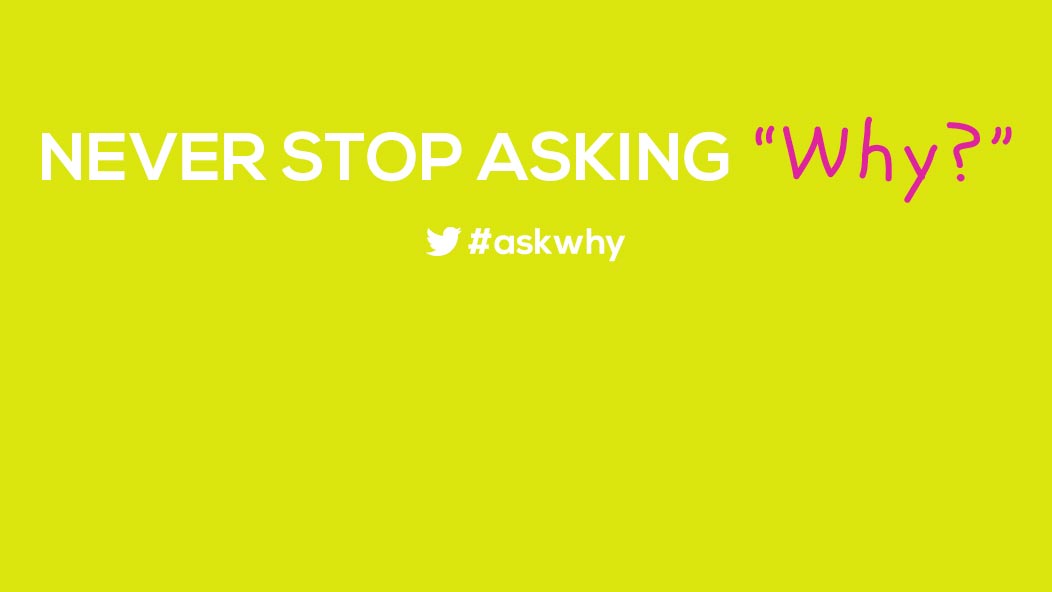Why Does Air Smell Different After a Storm?
Why Does Air Smell Different After a Storm?

When you live in the Midwest, you know there is nothing quite like a hard rain or a thunderstorm in the summer. Raindrops pitter patter on rooftops. Thunder booms. Lightning strikes. Your family stays close together. And when the final drops of rain fall and the sun begins to break through the rainclouds, the outdoors feel refreshed with cooler air and a crisp scent. Do you know why the air smells different after these storms? We answer this question with help from It’s Okay to be Smart.
When you step outside after a rainstorm, you are smelling a number of things, which include compounds from bacteria, oil secreted by plants and ozone.
Actinomycetes, a bacteria found in soil, secrete the compound geosmin. When this compound produces spores, it has what It’s Okay to be Smart calls “an earthy aroma.” When raindrops come in contact with the soil, geosmin is disturbed, and the aroma of its spores is lifted into the air for human noses to sense.
Another scent filling the air after a rainstorm is plant oils. During dry periods, plants secrete oils to keep them from overgrowing and needing more water. As these oils are released, they accumulate in rocks and soil. Like the geosmin, when raindrops come into contact with the soil, the oils release smaller, volatile compounds, giving off a distinct smell called “petrichor.”
While the aroma of geosmin and plant oils come up from the ground, there is another scent that comes down from the sky. When it storms, an electrical charge produces nitrogen and oxygen atoms in the atmosphere. When these atoms are combined, they form nitric oxide, which will then react with the other chemicals in the atmosphere. These reactions often create ozone, which is pushed down toward the ground as thunderstorms brew up high. As the smell of ozone creeps closer to human noses, we are able to get whiffs of yet another smell.
So that scent you smell when it rains is not just one scent. It is a number of compounds that are combined to give off a refreshed, it-just-rained aroma ... the aroma we all know so well.









